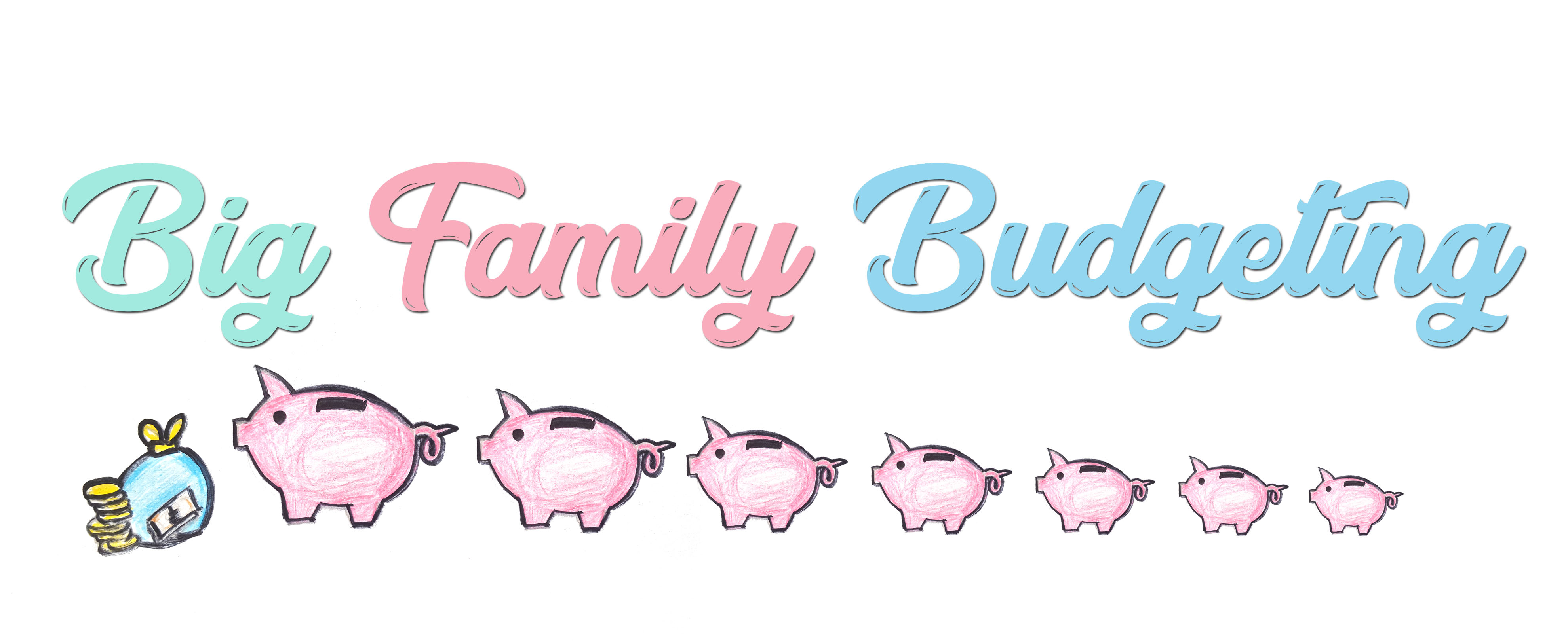
5 Ways To Boost Your Credit Score
When it comes to building your credit score, there are many different things you can do to help you boost the numbers and demonstrate your financial feasibility and borrowing habits.
Lenders want to see people being clever with what they lend and when and prove they can handle their finances and not take on too much at once.
There have been plenty of myths about how to build a credit score and what counts as good financial habits, and many have since been debunked.
By understanding these debunked myths, you can make informed decisions about your credit management and feel confident in your financial knowledge.
These tips are aimed at helping you rebuild your credit score from scratch or recover from a bad decision so that you can get back on an even keel regarding money.
Pay Bills On Time
Paying your bills on time and having a proven track record of doing so is a massive part of your credit score. You need to pay all your bills on time, not just your loans or credit agreements.
This goes for rent, mortgage, utilities, cell phone bills, etc. The more reliable you are, the higher your credit score will be.
Keep Credit Low
Not taking on huge amounts of credit will work in your favor, as will keeping your credit utilization below 30% of your overall credit.
By not spending too much on your credit card, paying it off in full each month, or applying for higher limits but not increasing your spending, and keeping your spending low in general, you will help keep your utilization score low for greater benefits.
Don’t Over Borrow
When applying for credit, getting more than you need can be tempting, but this can be problematic in a couple of ways.
First, in time, you might struggle to repay what you borrowed, leading to missing payments and defaults. Or it might increase your credit utilization percentage, as discussed above, making you a riskier bet for lenders.
So, if you only need a $200 loan for an emergency expense, borrow that $200 and don’t be tempted to increase it just because you have some extra money to play around with.
Keep Old Accounts Open
While it can be tempting to pay off old credit accounts and close them, don’t. It can actually do more harm than good.
Lenders want to see extensive credit history, and old accounts that are in good standing support this and are beneficial to your credit score.
While you might not be using them, don’t close them. Check in on them regularly, maybe make a small purchase from time to time, and pay them off quickly to demonstrate good habits.
This practice will reassure you that you’re managing your credit wisely and boost confidence in your credit management skills.
Limit New Credit Applications
Whether you get accepted or not, an influx of new credit applications on your credit file will work against you when it comes to building your credit score.
It could look like lenders that you’re in need of funds and can’t manage your income properly or that you might be looking to create huge sums of debt.
Be strategic about opening new accounts, spread them out, and avoid opening accounts for the sake of opening them so you can preserve or even boost your credit score. This strategic approach puts you in control of your financial future.


